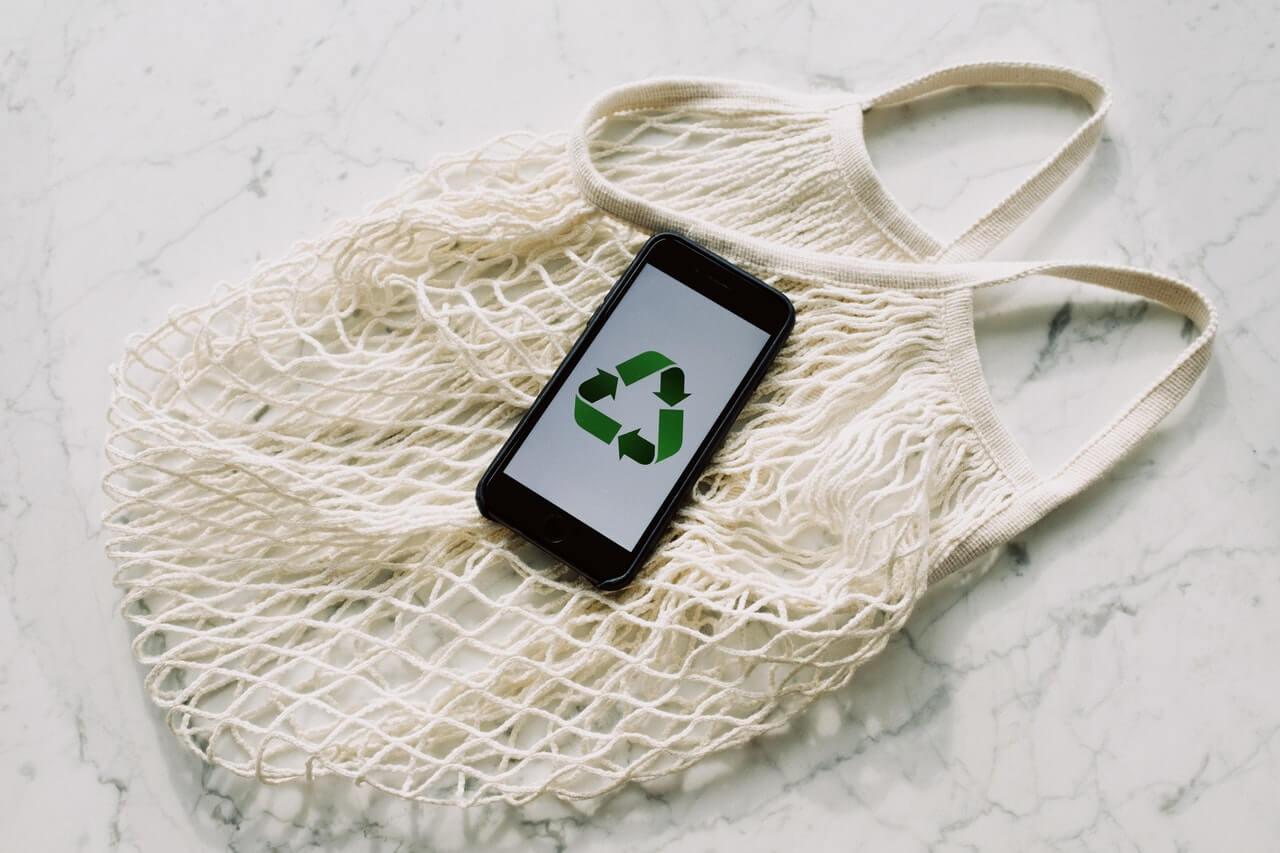It takes approx. 2 minutes to read this article
The world produces 16,000 plastic bottles every second, and the Great Pacific Garbage Patch is the size of Poland multiplied by 5! The answer to the growing problem of littering the natural environment is the zero waste philosophy. Findout what this lifestyle is all about.
Zerowaste is activities aimed at minimizing the amount of waste through responsible production, responsible consumption, reuse and recovery of materials. In practice, zero waste can be presented in 5 principles.
5Rs, or the 5 principles of zero waste
- Refuse – things and products you don’t need and can do without. For example, instead of using the plastic bags available in supermarkets for fruit and vegetables, get reusable nets.
- Reduse – things you need but don’t have to have in excess, such as another pair of shoes you buy just because they caught your eye at a shop window.
- Reuse – things you already own that are slightly damaged – if they can be repaired, try to do so instead of throwing the product away and running to the store for a new one. You can also get creative and try to use the item for something other than its original purpose.
- Recycle, or SEGREGATE AND REUSE – waste and products that can be reused. Segregating your trash has become a standard practice. In addition, you can find ways to use some of your waste, such as cardboard boxes and glass to make decorations.
- Rot, or COMPOST – leftover natural food products and all green waste. For example, if you have your own garden, the bio-waste you put aside in one place will make excellent compost after some time
The author of the above mentioned principles is Bea Johnson, an American environmental activist and propagator of the zero wastephilosophy.
Źródło zdjęcia: Designed by Freepik
